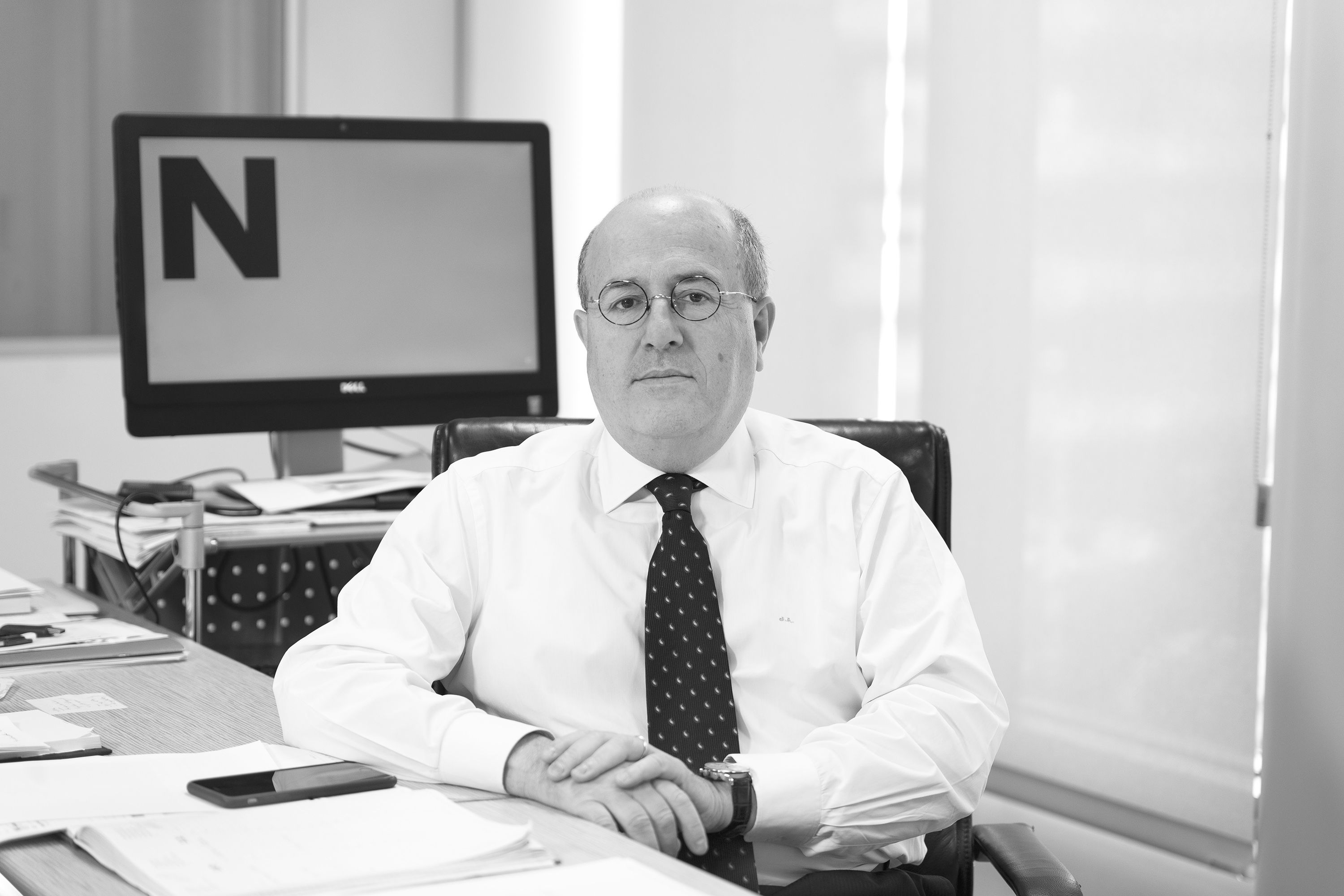A few hours before El Nacional reported that the political prisoners held in Lledoners, Puig de les Basses and Mas d'Enric would set out on their journey to Madrid on 29th of this month for their trial in the Supreme Court, the book which Raül Romeva wrote over these months of seclusion called Esperança i llibertat [literally, "Hope and freedom"] arrived on my desk. With the book, minister Romeva included a dedication for me and a drawing similar to the one on the front cover in which a prisoner opens the bars of their cell, getting part of their body through them including an arm offering a flower. In the four corners of the picture, Romeva has written: "cap alt, mirada llarga, verb serè i mà estesa" ("head held high, long-term perspective, serene language and hand outstretched").
It's a book, he says, written without reproach and with conviction. By someone who says they're walking steadily towards the republic. It's different to the one written by Quim Forn: this one is much more political, and the interior minister perhaps more human, more personal. The current development of communication technology allows us now to find out the positions of people deprived of their freedom with great immediacy. It allows them to take part in the political debate which has unjustly kidnapped them; to have their say on the state's budget, on the political strategies of the two pro-independence parties which today occupy the centre of the country, or when it comes to negotiating with Madrid. It is, perhaps, a recognition of their sacrifice and a recognition of their leadership. In some cases, even, hyperleadership. It's also an explicit desire to not accept Madrid's strategy, heads bowed. The prisoners are normal prisoners, politicians, and nothing more.
Prison, as Romeva says, tends to be a castle of oblivion. On this occasion, precisely the opposite has happened. Prison has been a site of political, media and public pilgrimage. The pro-independence movement, but even beyond its ideological borders, has rallied around its prisoners. In the coming weeks, we'll even see an image as powerful as the Catalan president, Quim Torra, among the crowd following the trial in the Supreme Court. It won't be a personal attitude, but an enormous political gesture towards the state which has strengthened its seams so far to preserve its unity that it's jeopardised basic freedoms and the very idea of democracy.
One of the prisoners in Lledoners was telling me a few days ago that it's not easy to prepare to go to Madrid and an unjust trial with such stratospherical sentences requested. But they're all keen for the time to come. To look their accusers in the face, with their heads held high. We'll be sitting in the dock, they say, but public opinion will be judging them. This is the attitude they're going with and, as the title of Romeva's book says, with the hope of winning their freedom.

